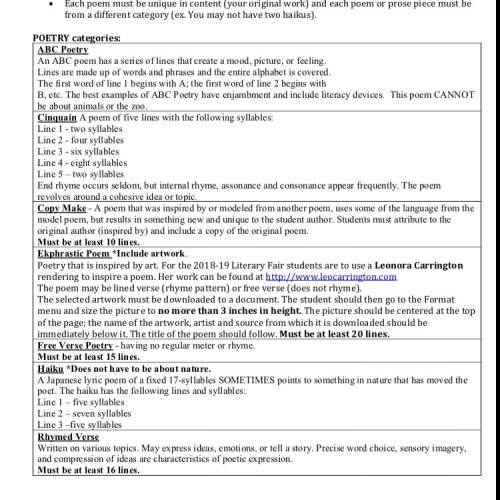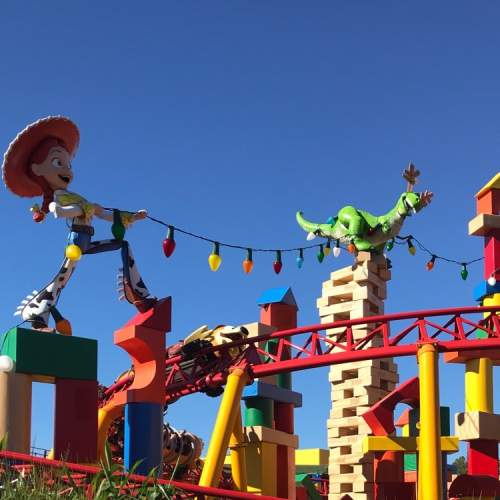
English, 10.05.2021 21:20 chaparro0512
I understood, too, that in ordinary civil administration this oath even forbade me to practically indulge my primary abstract judgment on the moral question of slavery. I had publicly declared this many times and in many ways; and I aver that, to this day I have done no official act in mere deference to my abstract judgment and feeling on slavery. I did understand, however, that my oath to preserve the Constitution to the best of my ability imposed upon me the duty of preserving, by every indispensable means, that government, that nation, of which that Constitution was the organic law. Was it possible to lose the nation, and yet preserve the Constitution?
By general law, life and limb must be protected; yet often a limb must be amputated to save a life, but a life is never wisely given to save a limb. I felt that measures, otherwise unconstitutional, might become lawful by becoming indispensable to the preservation of the Constitution through the preservation of the nation. Right or wrong, I assumed this ground, and now avow it. I could not feel that to the best of my ability I had even tried to preserve the Constitution, if, to save slavery, or any minor matter, I should permit the wreck of government, country, and Constitution altogether.
When, early in the war, General Fremont attempted military emancipation, I forbade it, because I did not then think it an indispensable necessity. When, a little later, General Cameron, then Secretary of War, suggested the arming of the blacks, I objected, because I did not yet think it an indispensable necessity. When, still later, General Hunter attempted military emancipation, I forbade it, because I did not yet think the indispensable necessity had come. When, in March and May and July, 1862, I made earnest and successive appeals to the Border States to favor compensated emancipation, I believed the indispensable necessity for military emancipation and arming the blacks would come, unless averted by that measure. They declined the proposition; and I was, in my best judgment, driven to the alternative of either surrendering the Union, and with it the Constitution, or of laying strong hand upon the colored element. I chose the latter. In choosing it, I hoped for greater gain than loss; but of this I was not entirely confident...
Yours truly,
A. Lincoln
Use context to determine the meaning of the phrase in bold. (4 points)
I have ascertained that
I can confirm that
I will instruct you that
I hope to learn that

Answers: 3


Other questions on the subject: English


English, 22.06.2019 12:40, hanhann6895
Read the following excerpt and answer the question. if i read the temper of our people correctly, we now realize as we have never realized before our interdependence on each other; that we can not merely take but we must give as well; that if we are to go forward, we must move as a trained and loyal army willing to sacrifice for the good of a common discipline, because without such discipline no progress is made, no leadership becomes effective.(from franklin delano roosevelt's inaugural address , )using context clues, explain what interdependence means in regards to excerpt above. be sure and write your answer in complete sentences referencing the excerpt above.
Answers: 1

English, 22.06.2019 13:10, coronadenise
Which phrases from the speeches best support the theme of equality for all?
Answers: 3

English, 22.06.2019 13:50, ansatsai
Examine the imagery in these lines of the poem "the legend" by garrett hongo. he is asian, thai or vietnamese, and very skinny, dressed as one of the poor in rumpled suit pants and a plaid mackinaw, dingy and too large. he negotiates the slick of ice on the sidewalk by his car, opens the fairlane's back door, leans to place the laundry in, and turns, for an instant, toward the flurry of footsteps and cries of pedestrians as a boy—that's all he was— backs from the corner package store shooting a pistol, firing it, once, at the dumbfounded man who falls forward, grabbing at his chest. how does the imagery in these lines affect the reader’s experience of the poem? check all that apply. it creates a visual picture of the man. it conveys what the scene sounds like. it describes the actions of the boy. it reveals the poet’s opinion of the characters. it encourages readers to care for the characters. it shows the resolution of a conflict. it explains the reasons for the event.
Answers: 2
You know the right answer?
I understood, too, that in ordinary civil administration this oath even forbade me to practically in...
Questions in other subjects:

Computers and Technology, 30.04.2021 15:50



Physics, 30.04.2021 15:50


History, 30.04.2021 15:50



Mathematics, 30.04.2021 15:50





